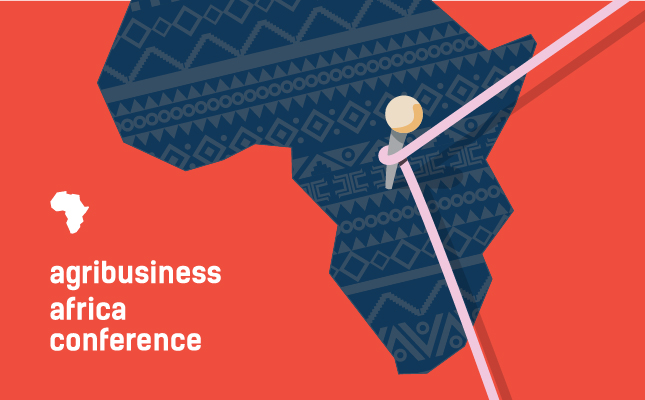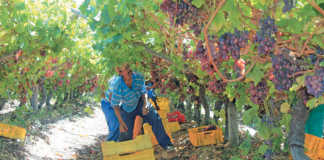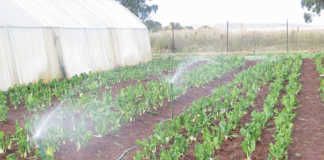
The overarching theme for this year’s conference is market access, and one of the key discussion topics is how to secure a better deal for African countries within the global agricultural trade environment.
In order for African countries to increase their participation in the global trade of agricultural produce, many of these countries will first have to increase domestic production to ensure a surplus that can be traded.
However, within a globally oversupplied agricultural commodity market, developing nations will have less incentive to increase local production, especially if the cost of production is not competitive with import prices.
Global trends such as urbanisation, as well as the impact of climate change on countries’ ability to ensure national food security, have also evolved into important aspects of international trade.
READ Boosting regional trade in Africa
A recent report by the Food and Agriculture Organization of the United Nations, ‘The state of agricultural commodity markets’, says that international trade has the potential to stabilise markets and reallocate food from surplus to deficit regions, helping countries adapt to climate change and contribute towards food security.
However, the report adds that we must “ensure that the evolution and expansion of agricultural trade is equitable and works for the elimination of hunger, food insecurity and malnutrition globally. What happens in one part of the globe will undoubtedly affect other parts, and domestic and foreign policies must take account of this.”
This sentiment also applies to how African countries make use of trade measures, such as import tariffs, to create an environment in which agricultural development will not be scuppered by cheap food imports.
READ Accessing Africa’s food markets: Insights from three experts
An article published by the International Food Policy Research Institute in August last year said that the recent surge in protectionist trade measures around the world has revived debates about who benefits in the end from tariffs on products such as soya bean.
The article refers to a database, maintained by the Agricultural Incentives Consortium, that provides common and well-defined indicators to identify how trade policies add up to affect suppliers and consumers of agricultural products.
The data, according to the article, show how governments have enacted polices in reaction to changes in world market conditions and food price crises.
READ Concerns about EU-South America trade deal
By tracking the average global Nominal Rates of Protection (NRP), a measure of the difference between the farm gate price and a reference free market price that would exist without government protections, the Agricultural Incentives Consortium found that between 2005 and 2015, NRP values were positive, indicating that agricultural policies protected farmers overall.
However, this is only true for those countries that made effective use of allowable protectionist trade measures.
In order to encourage the development of stronger and larger farming sectors within countries, and to give producers a chance at competing globally, African countries will have to start making full use of these trade measures.











